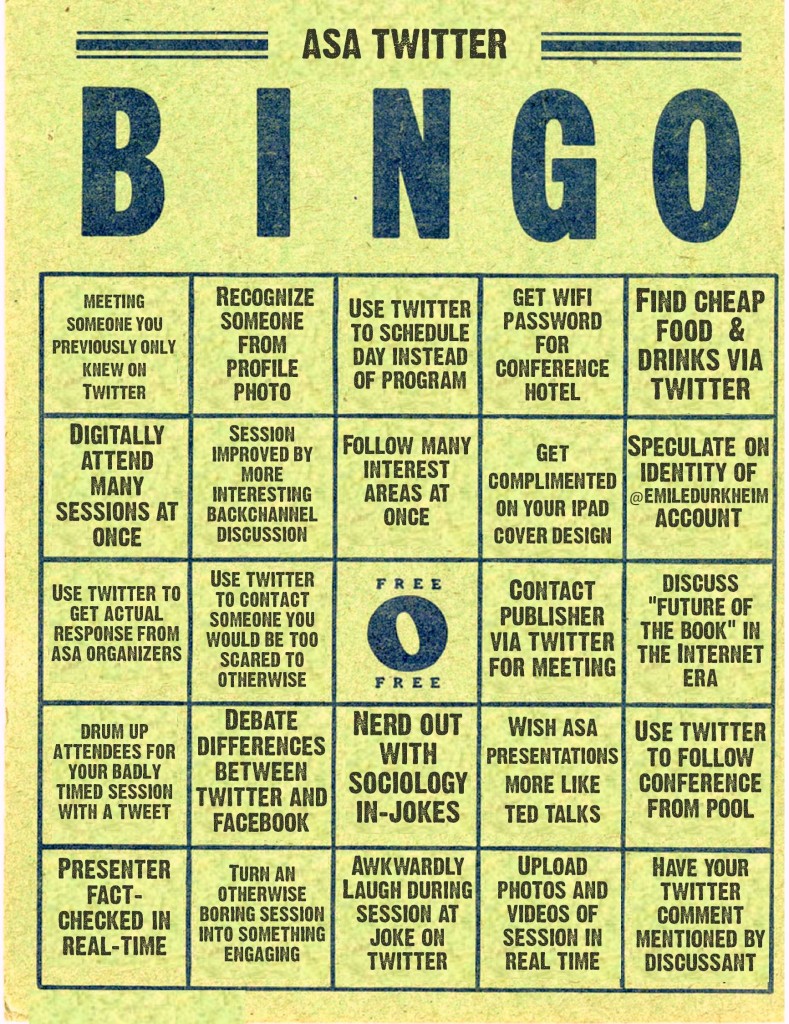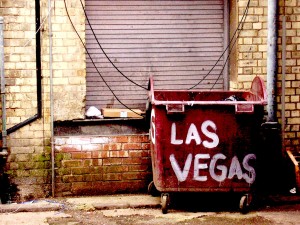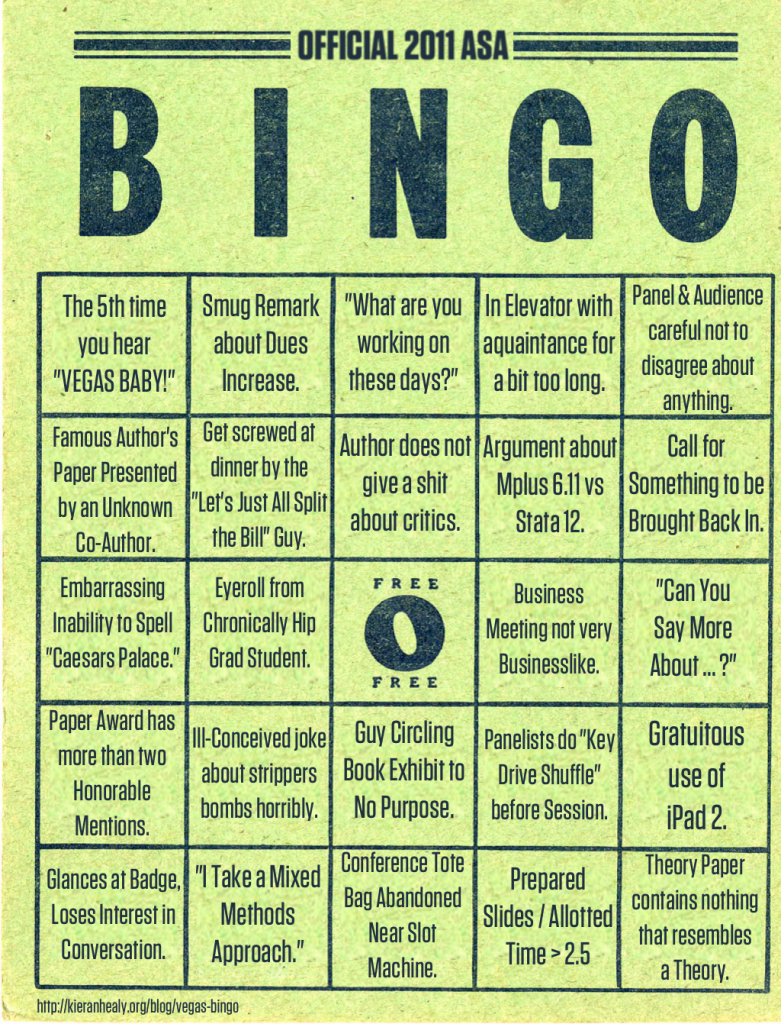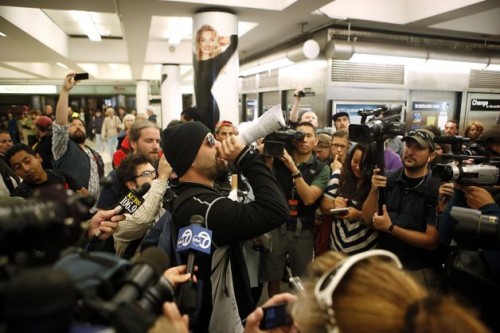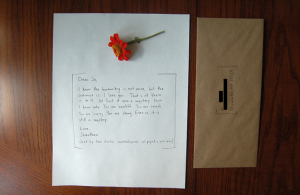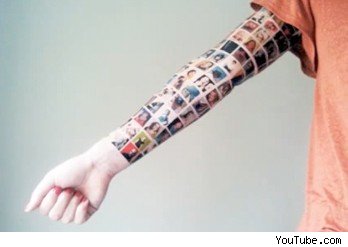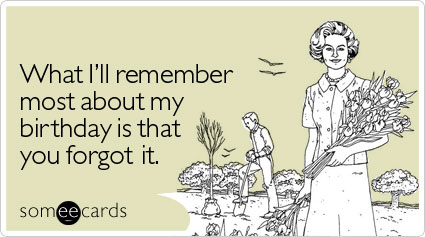
My attention was directed today (via Twitter, appropriately), to this post about the competing ASA Bingo Cards. I don’t have a lot to say about the deeper meaning of “gentle ribbing” or negativity, whatever you want to call it, in the original card. However, I do think that the “chronically hip grad student” square was not just, as Nathan Jurgenson asserted, a mainstream culture-embedded dig at hipsters, but also an indication of a general discomfort among less technologically savvy sociologists at the increasing use of technology to augment professional scholarly activities, often though not always by colleagues younger than themselves.
In particular, I suspect that the characterization of Twitter as “like passing notes during a talk, only if those notes were posted on a giant whiteboard behind the speaker so that everybody but her could read them” is quite accurate in terms of how the unfamiliar (and vaguely suspicious) think about Twitter. Twitter users think they’re better than us, just like those iPad-using hipster grad students, and they’re trash talking about it where we can’t see them. While it makes sense, I think it’s a very misguided analogy.
The critical difference between notes, or for that matter late-night trash talk at the hotel bar, and Twitter is that Twitter creates more...

